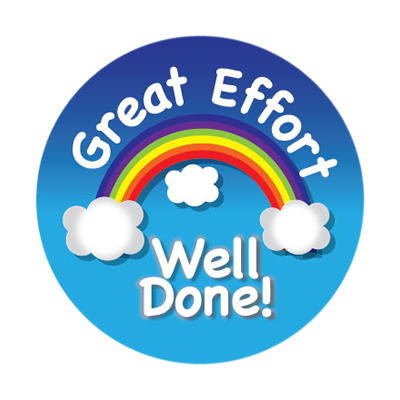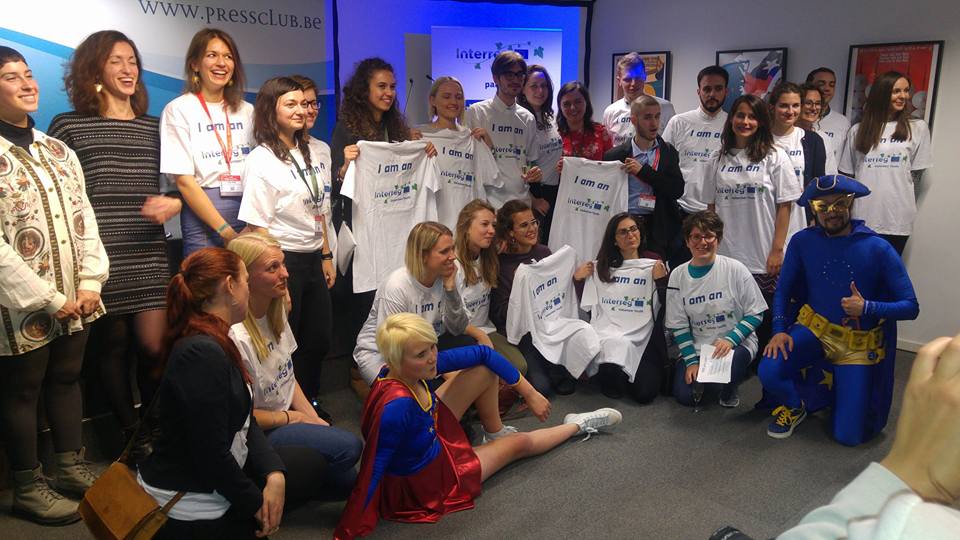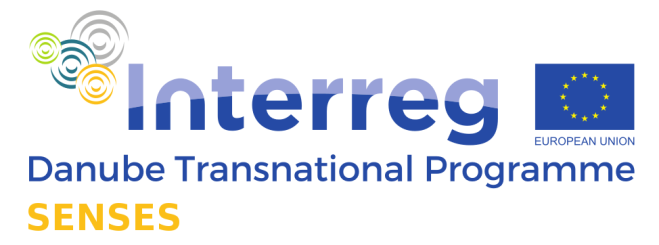SENSES Strengthening Social Entrepreneurial Landscape through involving socially responsible corporate Practices in EntrepreNeurial CompetenceS and Skills enhancement in the DANUBE region
Interactive blog
Another exciting week is behind our back
We continue working hard on the SENSES project.
I am very happy that we managed to complete the next step of the project which was to make 50 social enterprises from each of the participating countries fill out the questionnaire in order to map their landscape.
This task was very suitable for me because I got to talk to a lot of social entrepreneurs about their everyday successes and struggles of running their social enterprise. It allowed me to learn a whole bunch of new information and to broaden my horizons regarding the necessary skills to run a business and on participatory policymaking.
I feel that I am getting more and more acquainted with the mesmerizing world of social enterprises.

------------------------------------------------------------------------------------------------------------------------------------------------
European Week of Regions and Cities – Interreg Volunteer Get Together
9-11 October 2017
I was very excited to finally meet my fellow IVY volunteers from all over Europe, who – similarly to me – are working in a foreign or their own country to strengthen solidarity and cooperation between European nations.
For this reason, nearly all of us currently placed through European Solidarity Corps have travelled to Brussels 9-11 October 2017 where we could meet each other, exchange our experiences, and create media materials together.
On the IVY Get Together event, many potential host organizations were present who showed interest in joining the program and hosting a volunteer themselves. Here they could get first-hand information on how to and what is there to gain.
Other than representing solidarity and spreading the word about volunteering, it was a great honor that many of us have been invited to a workshop as speaker at the European Week of Regions and Cities. The organizers thought that it would be a good idea to hear a young person’s opinion on certain topics who care about the future of Europe. I couldn’t be more thankful for the possibility, it was indeed a wonderful occasion to learn and share my thoughts.

The workshop I participated in dealt with innovation and with the ever more burning question of closing the innovation gap between the old and the new Member States of the EU. I found this topic crucially important for the SENSES project that I work on as a volunteer. Innovation is an indispensable feature for the social enterprises since they are the ones that could carry out social innovation, and without innovation they could hardly achieve financial sustainability that is essential for their competitiveness and survival.

Experts from different fields have been invited as speakers so that we could understand what the main issues of innovation from different perspectives are: from the point of view of the financial planning, the researchers, the policy makers, or the universities. My insight on the aspect of the micro-enterprises and SMEs as end-users of innovations and beneficiaries of the policies was highly appreciated. I felt that not only could I gain important knowledge but I also had the chance to contribute to the discussion.
This was a real enriching experience and I returned home feeling very thankful and even more motivated than before :)
------------------------------------------------------------------------------------------------------------------------------------------------
Open4Business - Matchmaking Event in Pécs
4-5 October 2017
It has only been little more than two weeks since I started working as an INTERREG Volunteer at IFKA and I already got the chance to accompany my Team Leader to my second business trip. After our previous project meeting in Vienna, this time we went on a European steering group meeting. The event took place in the beautiful Hungarian city of Pécs where the Steering Group of the Priority Area 8 of the EU Strategy for the Danube Region had its regular semi-annual meeting.
Representatives of all the 14 countries of the region were present from different sectors involved in forming the common strategy: from ministries, universities, intermediary associations, and enterprises.
The purpose of the two-day-long conference and meeting was to discuss the difficulties and achievements of the Working Groups while carrying out the common strategic goals, and to provide a platform for the representatives of the micro-enterprises and SMEs in question for matchmaking, so that to connect with similar companies and provide first-hand feedback for the decision makers on what works well in practice and what are the areas that need further consideration.
The conference revolved around the topic of boosting the competitiveness of innovative micro-enterprises and SMEs in the Danube Region. Since our organization is involved in transnational programs in the region, it was highly important and useful for us to be present at the strategic discussion.
It was a wonderful opportunity for me to gain insight into the functioning of the strategic level of European projects, thus to understand our own work from a different perspective.


------------------------------------------------------------------------------------------------------------------------------------------------
Business Trip on My First Working Day
18-20 September 2017
On my very first working day as an Interreg Volunteer at IFKA, I found myself on a train heading towards Vienna along with three of my new colleagues. We were about to attend the regular half-year partner meeting of the SENSES project that I was going to work on during my volunteering experience. I was excited and curious about finding out more about the project that will be in my focus during the following six months. As I had expected based on the personal interview earlier, my colleagues were super-nice to me and to each other that made me suspect that IFKA (my host organization) has a very positive organizational culture where the working environment is supportive.
The two-day-long meeting did indeed meet my previous expectations and I could learn a lot about the purpose and stakeholders of the project and the importance of improving the ecosystem and facilitate the daily operations of the social enterprises. Furthermore, I had the chance understand a lot about how the members of extended transnational projects manage to cooperate with each other and how complex such tasks can be.
On the first day of the event, we heard and discussed the current state of the social enterprises in each of the participating countries based on the self-reported experience of the partners working on the project. We also got the chance to have an insight into the struggles and successes of three Hungarian social enterprises whose representatives gave presentations and answered our questions about their history and functioning. This session was very beneficial for me since I could have a more detailed idea about the difficulties that the Hungarian small social enterprises face on a daily basis and about what aspects are worth focusing on when we want to deal with them from a policymaker perspective. After all, we had plenary discussions in small groups with the representatives of different countries where we brainstormed about what to focus on in the future regarding the treatment and support of social enterprises. It was interesting to see how some deficiencies are present everywhere in the case of the SEs while other difficulties were country-specific but still needed to be dealt with on a transnational level. During these discussions we laid down the main focus points of the project for the future.
On the second day of the partner meeting, we were lucky enough to meet the founders and colleagues of three Viennese social enterprises. We listened to their introduction then asked our questions. The three of them were completely different from various aspects: their sizes, the industry they operate in, and the target group of consumers whose demands they are willing to satisfy. What I found truly intriguing was how different the challenges and possibilities are of the Austrian social enterprises from those of their Hungarian counterparts.
In conclusion, I feel that I gained and learnt a lot in these two and a half days spent in Vienna, but my overall takeaway from the event was my astonishment of seeing these many dedicated people working hard on the same cause across borders and diverse regulatory systems which I found truly inspiring and respectful. I feel lucky to have become one of them.

